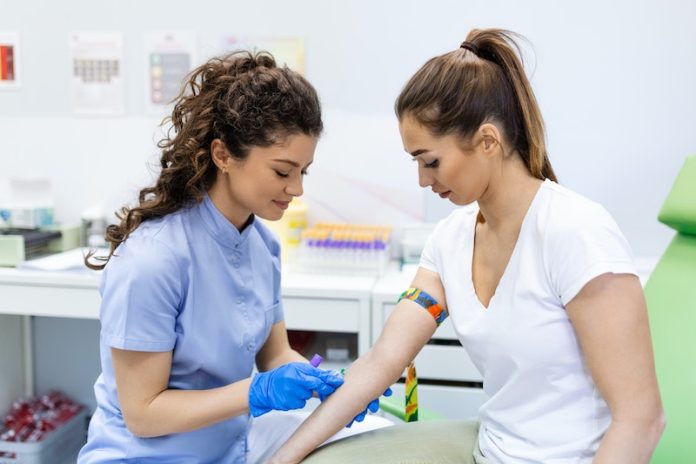
Liver cancer is a silent killer, often showing symptoms only when it’s too late for effective treatment. Among liver cancers, a subtype called intrahepatic cholangiocarcinoma (iCCA) is particularly dangerous.
Late diagnosis leaves patients with only an 8% chance of surviving for five years. But when caught early, the survival rate leaps to 50%. The symptoms of this cancer—like yellowing skin, itchy skin, and fatigue—aren’t unique.
They’re shared by other, less serious liver conditions, making it tough to pinpoint who actually has cancer. That’s what makes early detection so crucial.
The Breakthrough: A Better Way to Detect iCCA
Researchers at the Medical University of South Carolina (MUSC) have made an exciting discovery that could speed up diagnosis.
Led by Dr. Anand Mehta and doctoral researcher Shaaron Ochoa-Rios, the team has found a specific “biomarker”—a measurable sign of a specific condition—that can indicate the presence of iCCA.
Traditionally, doctors have used another biomarker known as CA 19-9 to look for liver cancer. But this marker shows up in several other liver conditions and even different kinds of cancers.
This means that even after a positive test for CA 19-9, patients would still need further imaging tests like MRI or CT scans, which are both time-consuming and expensive.
The newly discovered biomarker revolves around a type of sugar, called N-glycan, that attaches itself to proteins.
The team found that changes in these sugars were a consistent sign of iCCA but were not present in healthy tissue or other liver cancers.
Even better, these sugar changes can be detected in blood samples, eliminating the need for invasive biopsies.
What This Means for the Future
Speedier Diagnosis and Treatment
The new test could help doctors rule out other conditions, pinpointing who actually has iCCA and needs immediate intervention. Faster diagnosis means quicker treatment, which is crucial in improving the odds for patients.
A More Practical Screening Method
With modern lifestyles leading to a rise in conditions that increase the risk of liver cancer—like nonalcoholic fatty liver disease—the need for a reliable, quick test is more pressing than ever.
According to Dr. Mehta, almost 100 million people fall into the high-risk category. It’s not feasible to put all these people through a battery of time-consuming and expensive tests.
A Step Towards More Precise Medicine
Understanding how and why these sugar changes occur could open the door to more targeted therapies and treatments.
Further research will focus on identifying the specific proteins involved in these changes, which could improve the test’s accuracy and effectiveness even more.
While it might be some time before this new biomarker becomes a standard test, the researchers believe they are moving in the right direction.
Early detection remains one of the most effective tools in the fight against cancer, and this discovery could be a game-changer in making that early diagnosis a reality for more patients.
If you care about cancer, please read studies about common drugs for inflammation may help kill cancer, and statin drugs can starve cancer cells to death.
For more information about cancer, please see recent studies about these two things are key to surviving cancer and results showing common Indian fruit may slow down cancer growth.
The research findings can be found in Cancer Research Communications.
Follow us on Twitter for more articles about this topic.
Copyright © 2023 Knowridge Science Report. All rights reserved.



